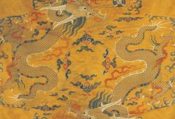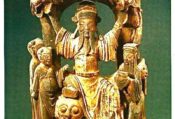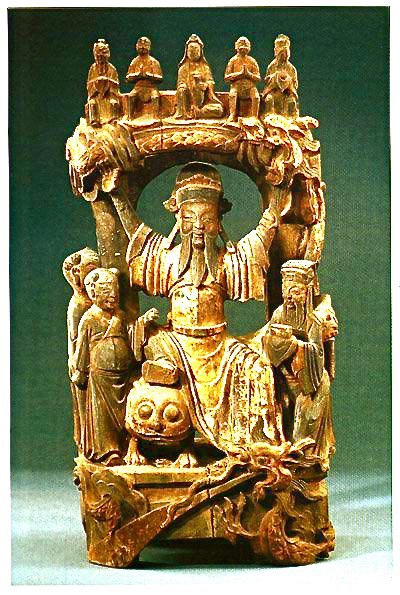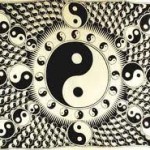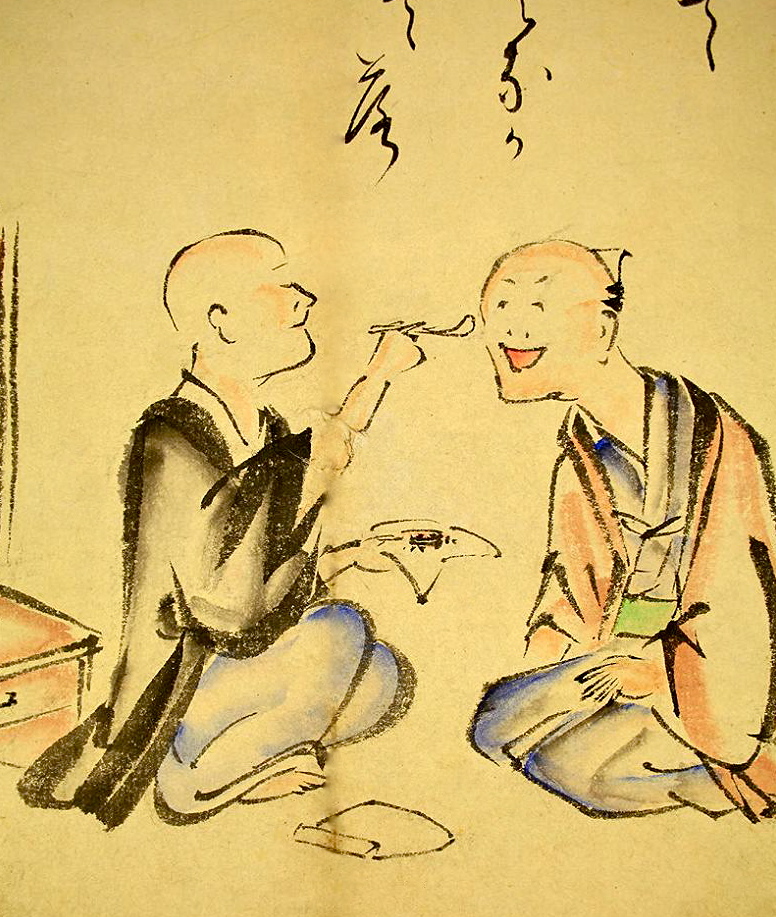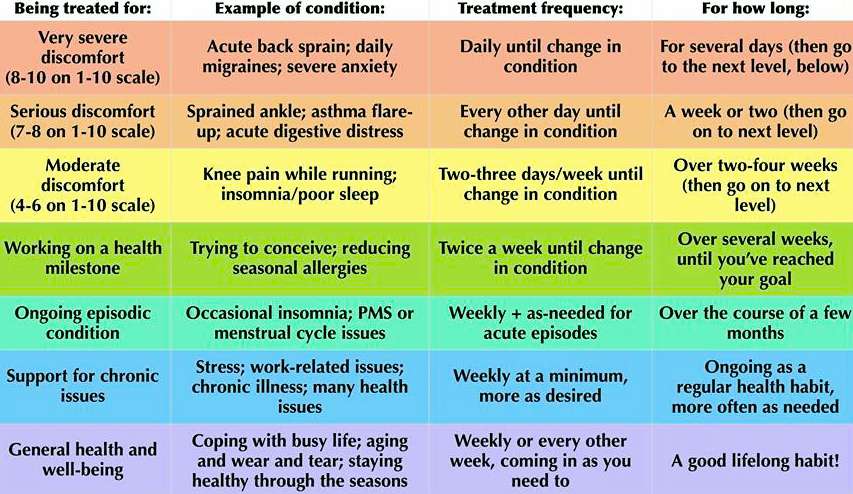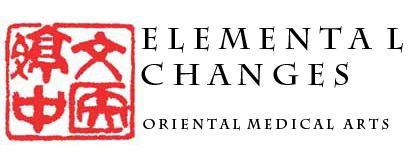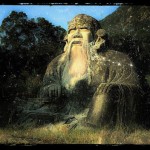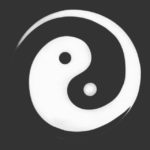Heart nourishment and the tendency for a calm mind in turn support a basic sense of optimism. Negative emotional states can evolve into patterns of repressed Qi, heat, and phlegm, which harass the Heart and mist the mind. People at a greater risk of clinical dementia later in life are those, according to this study at the Mayo Clinic, who’s personality traits and energetic patterns have solidified by depression, anxiety, and pessimism. Such states of emotion are treatable with Chinese medicine as relevant aspects of elemental organ and energetic disharmony, particularly at their earlier stages of expression.
Pessimism And Depression Increase Dementia Risk
Mayo Clinic — Individuals who do not have psychiatric problems but score very high on a personality test pessimism scale have a 30 percent increased risk of developing dementia several decades later. The same is true of individuals who score very high on the test’s depression scale. The risk is even higher — 40 percent more — for individuals who score very high on both anxiety and pessimism scales.
• “There appears to be a dose-response pattern, i.e., the higher the scores the higher the risk of dementia,” says Yonas Geda, M.D., a Mayo Clinic neuropsychiatrist and the study’s lead investigator. Dementia is a neurological disorder that affects the ability to think, speak, reason, remember and move. The three most common forms of dementia are Alzheimer’s disease, vascular dementia and Lewy body dementia.
• Although it’s common to see personality changes such as pessimism, depression, agitation or withdrawal once a person develops dementia, the Mayo Clinic investigators believe that pessimism and depression are more likely to be risk factors for dementia rather than early manifestations of the disease due to the significant time gap between the time of the personality test (in the 1960s) and the appearance of dementia or cognitive impairment (anytime between the 1960s and 2004). The test takers ranged in age from 20 to 69 when they took the test in the 1960s.
• The Mayo Clinic investigators advise some caution in determining if one’s personality traits may predispose to dementia. “One has to be cautious in interpreting a study like this,” says Dr. Geda. “One cannot make a leap from group level data to the individual. Certainly the last thing you want to do is to say, ‘Well, I am a pessimist; thus, I am doomed to develop dementia 20 or 30 years later,’ because this may end up becoming a self-fulfilling prophecy.”
• The investigators are not recommending any specific intervention. “Even though we do not have any specific recommendations to make based on our study,” says Dr. Geda, “it is always a good idea to promote health and minimize disease by taking appropriate health measures.
• “We are reporting our findings in an era where there are empirically validated interventions to modify ‘personality’ toward emotional health; hence, we are optimistic about the future. Contemporary studies indicate that ‘personality’ is a modifiable cognitive, emotional and behavioral style. For example, a pessimistic person can acquire the skills and habits of looking at the whole picture, i.e., the positive, negative and neutral, rather than habitually discounting the positive and neutral and magnifying the negative.”
• This study was designed to test more rigorously the findings of an earlier, exploratory study conducted at Mayo Clinic with a smaller sample of individuals that suggested pessimism, depression, anxiety and social introversion could be risk factors for Alzheimer’s disease.
• Dr. Geda and colleagues conducted this study to determine what types of personality or cognitive style — one’s habitual way of perceiving, remembering, behaving and experiencing emotions — were associated with the development of dementia or cognitive impairment 30 or 40 years later. He and colleagues extracted a sample of approximately 3,500 individuals living in and around Olmsted County, Minn., from 50,000 individuals who took the Minnesota Multiphasic Personality Inventory (MMPI) as part of a research project — not for psychiatric reasons — at Mayo Clinic between 1962 and 1965. This test assesses thoughts, feelings, attitudes, physical and emotional symptoms, and life experiences. In 2004, Dr. Geda and fellow investigators used a structured interview of the individuals — or a family member in the case of deceased or incapacitated persons — to arrive at a standard diagnosis of dementia or cognitive impairment. Dr. Geda, who was blinded to the MMPI scores of the study subjects, then reviewed the results of these interviews.
